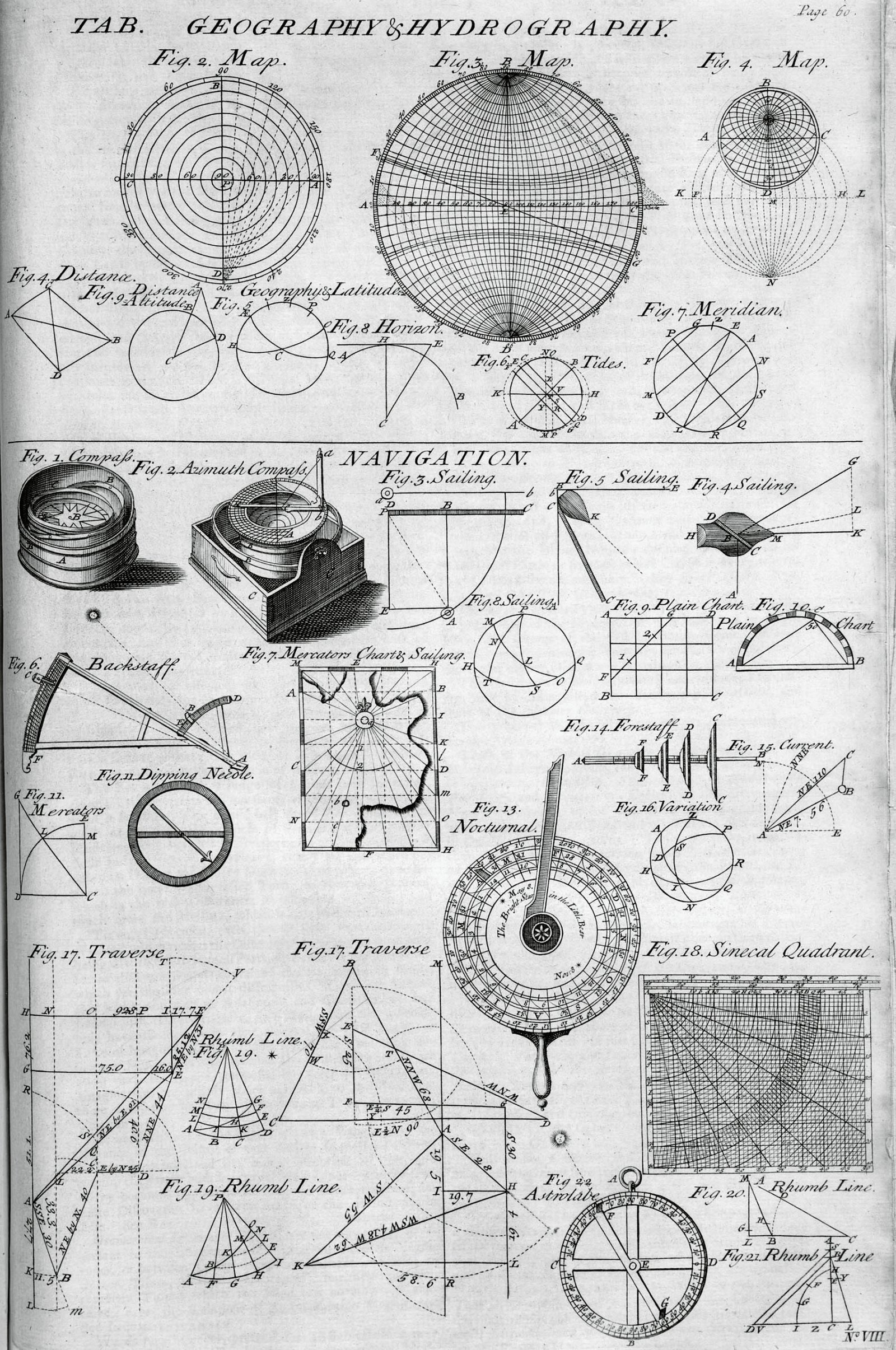In a world where technology reigns supreme, the Global Positioning System (GPS) has become a tacit force driving countless aspects of our daily lives. From guiding us on road trips to synchronizing our financial transactions, GPS is intricately woven into the fabric of modern society. But what if this invisible backbone were to suddenly vanish, leaving us in the dark? This article explores the potential chaos and consequences of a global GPS blackout, urging us to ponder the fragility of our dependency on satellites.
The Ubiquity of GPS in Everyday Life
The pervasive nature of GPS technology is something we often take for granted. Beyond simple navigation, GPS is embedded in many devices and systems, from smartphones to emergency services. Imagine hiking in the wilderness without a reliable map or attempting to meet a friend in a bustling city without a digital nudge in the right direction. The convenience of GPS has become an indispensable part of our lives, akin to a modern-day compass guiding us through the complexities of both urban and rural landscapes.
How GPS Works: The Science Behind the Scenes

At its core, GPS relies on a constellation of satellites orbiting the Earth, transmitting precise signals to receivers below. These signals allow devices to triangulate their position with remarkable accuracy. The science is sophisticated yet elegantly simple: by measuring the time it takes for signals to travel from satellites to a receiver, a device can calculate its location. This intricate dance of technology is a marvel of modern engineering, yet it also reveals the vulnerability of relying on a single system for global positioning.
Potential Causes of a Satellite Blackout
Several scenarios could lead to a GPS satellite blackout, each with its own set of challenges. Solar flares, for instance, can disrupt satellite signals, while space debris poses a physical threat to these orbiting sentinels. Additionally, cyber-attacks could target ground-based control systems, crippling the network. The mere possibility of these events highlights the need for robust backup systems and underscores the delicate balance between technology and nature.
The Impact on Transportation Systems
Transportation systems would be among the hardest hit in a GPS blackout. Airplanes rely on GPS for navigation and timing, and a loss of signal could lead to delays, rerouting, or even grounded flights. On the ground, drivers would face confusion without real-time traffic updates or route guidance. Public transit systems could experience disruptions, affecting the daily commute of millions. This potential chaos underscores the critical role GPS plays in ensuring the smooth flow of people and goods.
Financial Sector Vulnerabilities
The financial sector is another area where GPS plays a crucial, though often unseen, role. High-frequency trading relies on precise timing provided by GPS signals to execute transactions worth billions of dollars. A disruption could lead to market instability, with potential losses cascading through the global economy. Moreover, ATMs and payment systems also depend on GPS for synchronization, highlighting the interconnectedness of modern financial infrastructures.
Emergency Response and Public Safety Concerns

In emergencies, every second counts, and GPS is a vital tool for first responders. Firefighters, paramedics, and police use GPS to locate incidents quickly and coordinate their efforts. Without it, response times could increase, putting lives at risk. Furthermore, natural disaster management relies heavily on GPS for logistics and coordination, emphasizing the critical role of satellite navigation in public safety.
Military and Defense Implications

The military also stands to lose significantly in a GPS outage. Modern warfare relies on precision-guided munitions and navigation systems, both of which depend on GPS. A blackout could impair a nation’s defense capabilities, leaving it vulnerable to threats. This potential vulnerability has prompted many nations to explore alternative navigation systems, ensuring that military operations can continue even without GPS.
The Search for Alternatives: Exploring Other Technologies
Recognizing the risks of GPS dependency, researchers are exploring alternative technologies. Inertial navigation systems, which use motion sensors to track movement, offer one such solution. Quantum navigation, leveraging quantum properties for precise location tracking, is another promising avenue. These emerging technologies could provide redundancy and resilience, ensuring that society can continue to function even if GPS goes dark.
Lessons from History: Navigating Without GPS

Before the advent of GPS, humanity relied on stars, maps, and compasses for navigation. These ancient techniques, while less precise, offer valuable lessons in self-reliance and adaptability. In an era where technology can fail, revisiting these time-tested methods can provide a safety net, reminding us of the importance of maintaining skills that don’t depend on satellites orbiting above.
Conclusion: Rethinking Our GPS Dependency
The prospect of a GPS blackout serves as a stark reminder of our reliance on technology and the need for preparedness. While GPS enhances our lives in countless ways, it’s crucial to develop contingency plans and alternative systems. By doing so, we can ensure resilience in the face of potential disruptions, safeguarding the seamless functioning of modern society. As we continue to advance technologically, let us not forget the importance of adaptability and foresight in navigating an ever-changing world.




